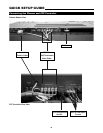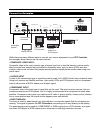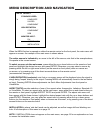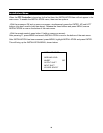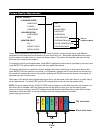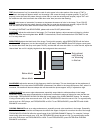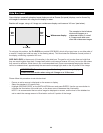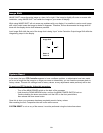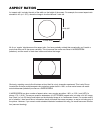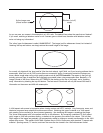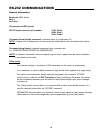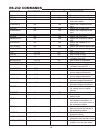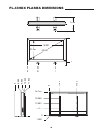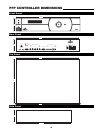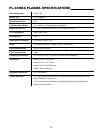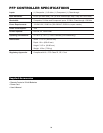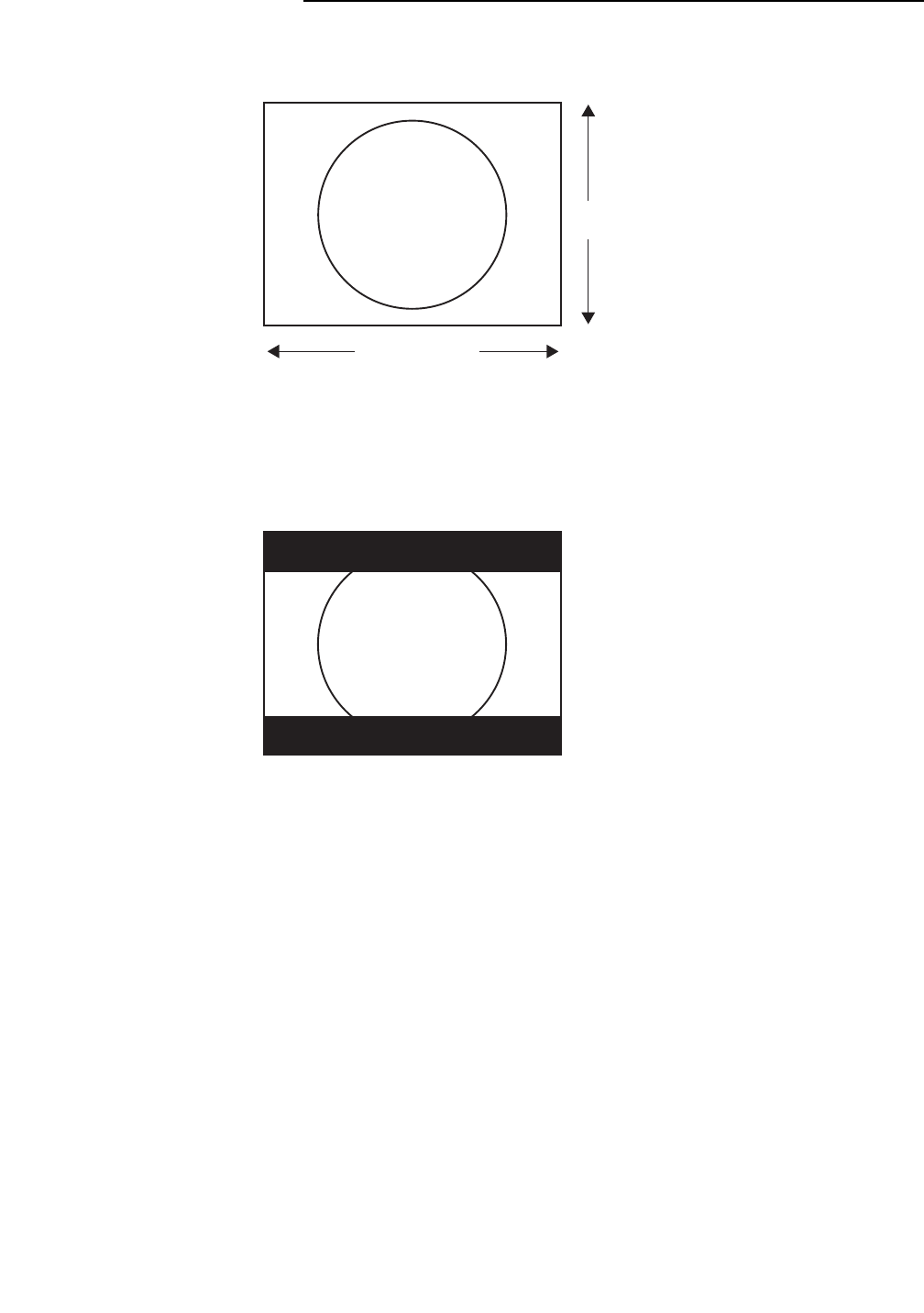
24
ASPECT RATIOS
An ‘aspect ratio’ is simply the ratio of the width vs. the height of the screen. For example, the current aspect ratio
standard is 4:3 (or 1.33:1), where the image is 4 units wide and 3 units tall.
4 units wide
3 units tall
All of our ‘regular’ televisions are this aspect ratio. You have probably noticed that occasionally you’ll watch a
movie that does not fill the screen vertically. This is because the movie was filmed in WIDESCREEN
(letterbox), and the result is ‘black bars’ above and below the image:
Obviously, watching a movie like this does not lend itself to a truly cinematic experience! This is why Runco
invented the first-ever multiple aspect-ratio projection system back in 1991, so true movie-lovers can watch
actual widescreen (letterbox) movies on a WIDESCREEN!
A WIDESCREEN can be a number of aspect ratios; many movies are either 1.85:1 or 2.35:1, and HDTV is
always 1.78:1 (16:9). The way we create a widescreen (or LETTERBOX) aspect ratio is to take a full 4:3 image,
then ‘blank’ (or cut off) the top and bottom so the displayed image is in a widescreen format. For movies record-
ed in ‘letterbox’, there would be no information above and below the screen anyways, so we’re not losing any of
the picture. However, if you were to watch standard television broadcast this way, you would lose some informa-
tion (see next drawing).



